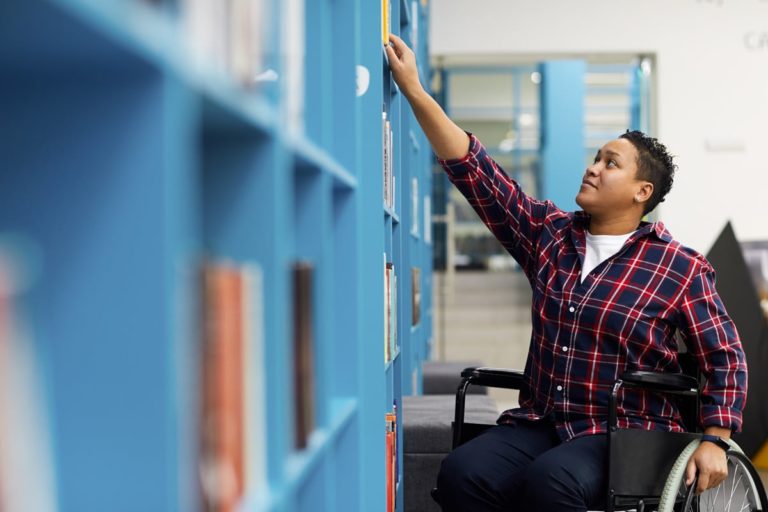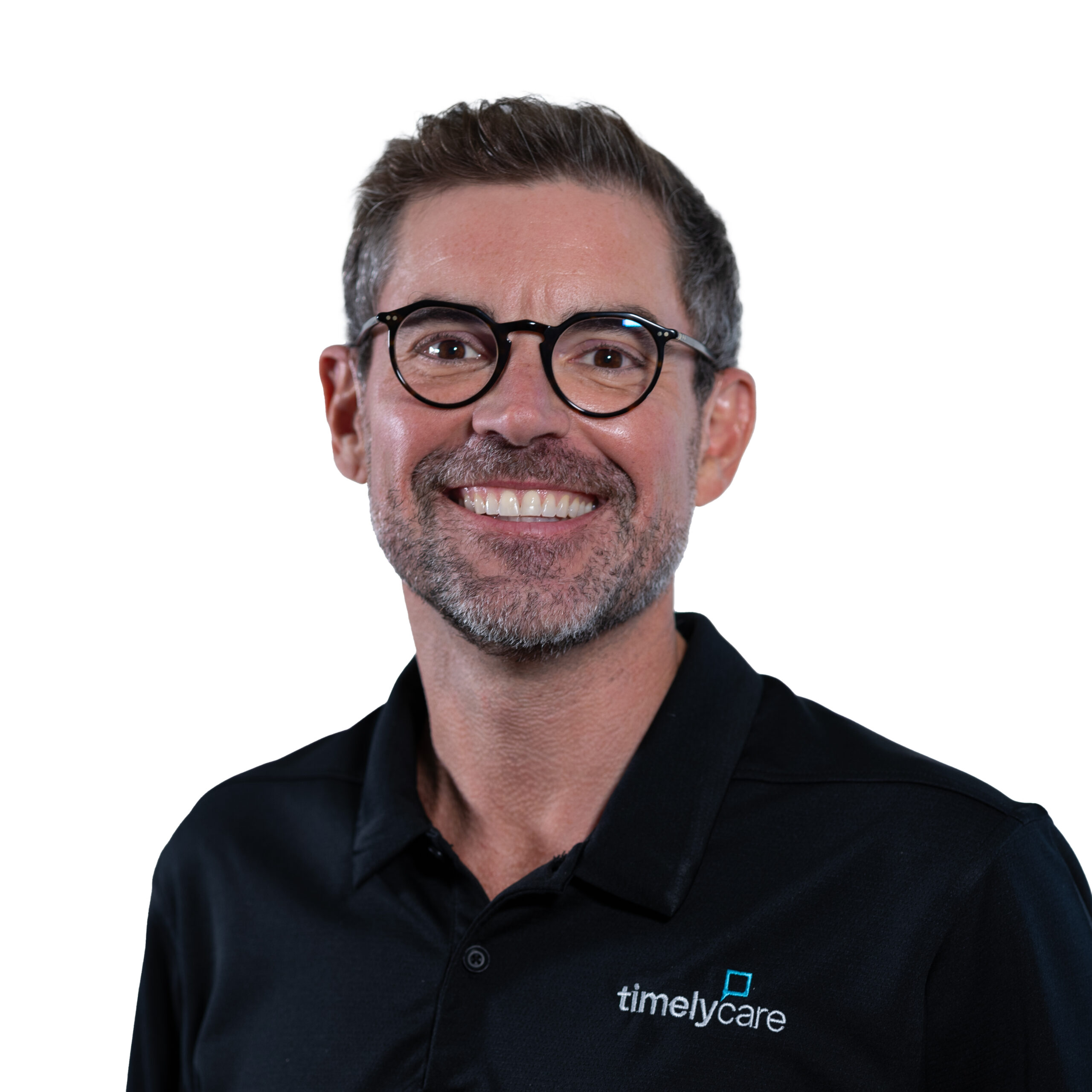Table of Contents
One out of four adults have disabilities. That’s more than 60 million Americans. Two out of 10 undergraduate students report having a disability. With almost 20 million students expected to attend college, this means almost 4 million students with disabilities will show up this fall on campuses across the U.S.
While college is an exciting time for incoming students, it can be especially stressful for those with disabilities. Without the right support, these students could become overwhelmed with adjusting to new faculty, classmates and challenging coursework. Ninety-four percent of high school students with disabilities receive assistance; however, only 17% of disabled college students take advantage of disability resources. And for those who didn’t receive accommodations in college, 43% wished they had.
Challenges faced by college students with disabilities
Students with disabilities face dramatic shifts in learning expectations and independence when they start college. Their education is no longer anchored in the protections of the Individuals with Disabilities Education Act (IDEA). In keeping with the Rehabilitation Act of 1973 (Section 504) and Title II of the Americans with Disabilities Act of 1990, they have to ask for accommodations and navigate challenges without the same assistance they had in high school. While students with disabilities can thrive in higher education, they need support as they exercise new levels of agency.
“For a student who’s in his or her first year of college trying to fit in – trying to be successful – it’s tough to go to a professor and say they need accommodation, especially if the student is smart and ambitious and the need isn’t readily apparent,” said Mitch Baum, board member for several charter schools for students with disabilities in New Jersey and New York. “The difference between success and failure for students with disabilities can be the difference between a professor being open to requests for help and that same professor proactively reaching out to students so that they understand the professor actively welcomes requests for help.”
Resources for college students with disabilities
Disabled students are frequently unfamiliar with the resources available at their colleges and often feel embarrassed to reach out for help, resulting in higher dropout rates than those of their counterparts. Only 34% of students with a disability complete a four-year degree. While students with disabilities face added hurdles, using modified teaching techniques, technological enhancements and dedicated professionals, means they don’t have to be part of this statistic.
The National Center on College Students with Disabilities (NCCSD) conducted research to learn about the perspectives of students with disabilities. The 2019 study focused on barriers, supports, and recommendations for students with disabilities to access and participate in higher education. Participants were asked to share what an ideal college campus could be for students with disabilities. The insights from students included:
“When I think about what a good campus would look like for college students with disabilities, it is a campus that embraces and works with a presumption of student competence.”
“A good campus for disabled students would be one where there’s not any extra work that comes with being disabled, that we are students just like any other student.”
“A good campus is asking people to also consider disability in a different way, because it really does come down to access, like can I access the curriculum, can I access the building, can I access these events in meaningful ways, and then it’s not just about who I am and what my disability is, but, my access to things.”
Ensure your campus is supporting students with disabilities
While postsecondary education for the disabled has advanced over the last 40 years, the NCCSD Access and Participation in Higher Education: Perspectives of College Students with Disabilities Volume 2, Issue 2 (April, 2019) study found that students continue to experience barriers in the most fundamental aspects of campus life – including physical accessibility, faculty awareness of procedures involving their role and responsibilities to provide accommodations, and the awareness of the presence and value of disability resource offices.
As leaders in higher education, encourage your campus community to continue to assess services in the following ways:
- Review and refine elements of campus access, including campus buildings and spaces.
- Provide training for faculty on making resources and accommodations available.
- Streamline campus requirements and procedures for attaining accommodations.
- Increase the promotion of resources and services for students with disabilities, particularly counseling services, libraries, career development, and learning centers.
- Promote a positive climate on campus by including disability as an aspect of student diversity training, infusing disability concepts into the curriculum, and supporting groups that promote disability communities.
While not highlighted in these recommendations, accessing information technology such as websites and course management systems is an important dimension for all students, even more so for students with disabilities. A recent study by McKinsey & Company found that, while overall college preparedness is top-of-mind, remote learning adds uncertainty. Only 25% of students feel prepared for a remote freshman year of college, compared with 54% who believe they are prepared for an in-person first year.
Colleges need to provide support for students to succeed in a remote learning environment, especially disabled students who may not have essential equipment. Take time to research options for, provide information to, and advocate for disabled students, including working with state and local providers and agencies to enlist government support.
Higher education leaders need to keep a close eye on the concerns of disabled students and their parents. Responding meaningfully in their best interests will position your institution to serve them well.
How virtual care supports students with disabilities
At TimelyCare, we are committed to accessible care for students. The TimelyCare platform has been thoroughly tested using the latest screen readers and accessibility settings available on iOS, Android, and modern web browsers against WCAG 2.1 AA. We’re committed to providing a high-quality experience for all users, with TimelyCare meeting ADA guidelines and annually being audited by a leading accessibility consultancy using WCAG AA. Additionally, the platform has been audited and tested to meet the VPAT 2.4 standard for accessibility.
If your campus is exploring virtual health and well-being services to support students. Let’s talk about how to create a healthier campus through a connected system of care that fills gaps with virtual care options.






